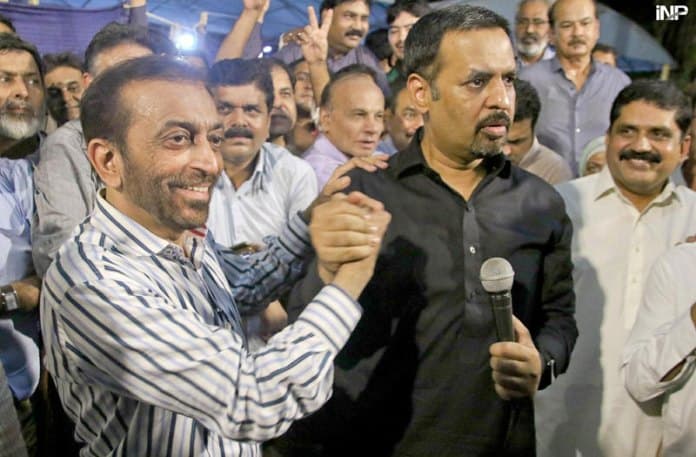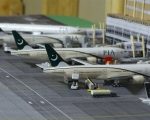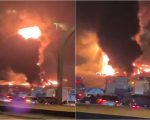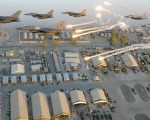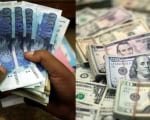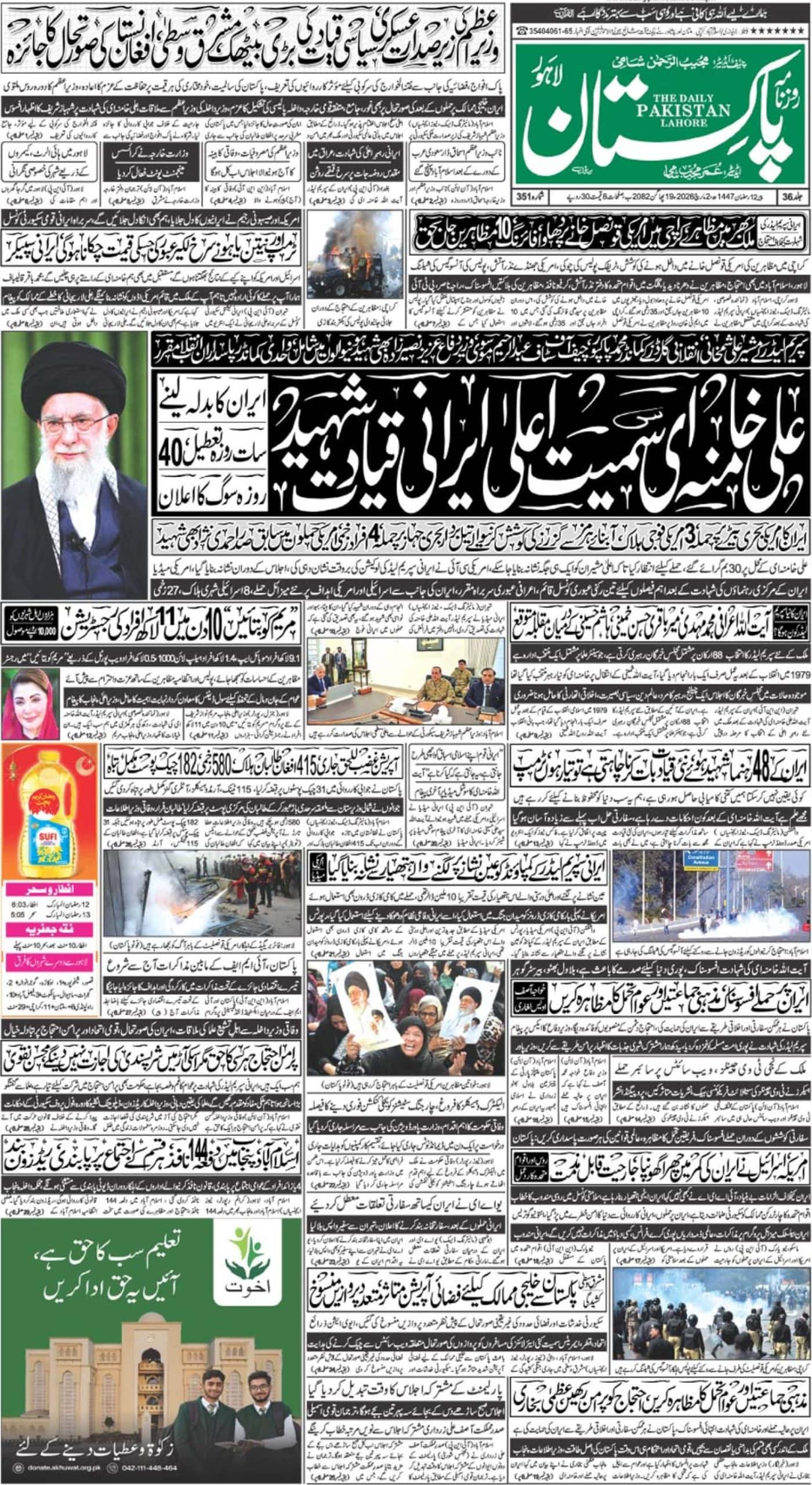Pakistan is the only nuclear-armed country whose largest city and business hub is unstable and where severe instability could shut down the country’s economy. To give perspective, imagine that New York, London, Shanghai or Tokyo could get out of control any day, crippling the economies of the United States, Britain, China and Japan respectively. The full picture of how bad the situation was in this mega city until just twenty-four months ago was astounding. Suffice to say, Karachi is the soft belly of Pakistan. While the eastern and western borders can be defended, Karachi has the potential to sink the entire country from within.
And this almost happened. Karachi nearly went out of control. Arms and ammunition for NATO forces in Afghanistan were stolen and distributed in the city, the largest political party in town ran death squads trained by hostile neighbors. The country’s military bases in and around the city were no longer safe. And multiple terror organizations milked the rich city through ransom and protection money to finance terrorism in the rest of Pakistan. The federal governments in Islamabad, under both elected and military-led governments, turned a blind eye, inviting multiple spy services from within and outside the region to operate here.
This changed in March 2015 when the Pakistani military had had enough and intervened in Karachi to end this chaos. The death squads, owned by nearly all the political parties in the city, were crushed, dozens of hired assassins were arrested, and assets of foreign governments, whose links were confirmed, were taken in.
But nearly three years later, Karachi is back in the news, and it is not good. While the Pakistani law enforcement has been largely successful in keeping peace in the city, the political failure is glaring. It has the potential of reversing all the gains, and these gains are not stable. The city could reverse to chaos the moment the security cordon is lifted.
The failure in Karachi right now is in the realm of politics. Islamabad has failed to stabilize the city politically. Pakistani decision-makers failed to introduce reconciliation programs in the city to heal decades of the ethnic and linguistic culture of hate. Experts normally suggest educational, cultural and political programs to deal with this. Songs and television content is commissioned to wipe out the past and introduce a new culture. None of this was done.
The biggest political failure of the Pakistani State concerns MQM, the political party that ran the biggest death squads and whose members were found to be spying for India and for at least two other countries. Islamabad is unable to decide whether to cancel MQM’s license to operate as a political party. The law on this is clear, but short-term political interests and a tendency to cut underhand deals in Pakistani politics is preventing the law from taking its course. Various components of the State, including the politicians, pursue a policy of cutting deals to achieve short-term objectives. This is perpetuating instability in the city.
On the security side, the picture is only slightly better, but not much. It is not clear where all those trained assassins and gangsters have gone. The armed conflict in Karachi developed over a period of 38 years. A generation of young residents of the city graduated from street gangs and became assassins and killers, and a group of them developed ties to multiple intelligence services, traveled to India, Oman, South Africa, Dubai, Malaysia, London, Iran, and Afghanistan. Pakistan arrested many of them, but a larger number has gone underground or abroad. In contrast, ISIS members arrested in Iraq and Saudi Arabia were executed in large numbers to break the chain, and ISIS is less than a decade old. In Karachi, the criminal and terrorist core has not been eliminated, and it is at least four decades old. It won’t lend itself to easy solutions. What makes it worse is that the Pakistani State is averse to fully exercising its State power.
Karachi, known today for instability, violence, corruption and gang wars, was once the original Phuket, Singapore and a budding Macao before those names became familiar. Belly-dancers and musical troupes that toured Cairo, Beirut, and Tehran could also been seen in Karachi. It gave birth to the world’s top airline in the 1960s. Its beaches attracted tourists and hordes of hippies from Europe every summer, and one of Asia’s largest casinos was quietly rising on its shores, overlooking the Arabian Sea.
Today, it is a rundown, neglected city that lacks civic services and peace, wracked by political and religious violence. But it remains a wealthy city, and parts of it have shown remarkable ability to generate immense wealth. This is the only reason that stops its top businessmen from abandoning it despite the mess and helps it continue to feed the economy of nuclear-armed Pakistan.

